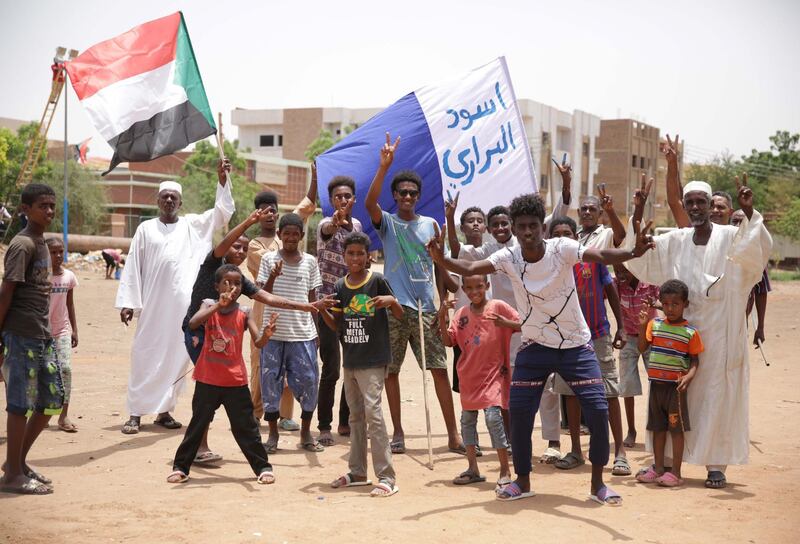It is, of course, far too soon to conclude that with the joint constitutional declaration by the military and civilian protest leaders, Sudan has put the turmoil of the past months behind it. Much remains to be done. The joint civilian-military ruling body set up on July 17 must adhere to its agreement to form a transitional civilian government and set the country firmly on the path to elections in three years' time. Justice must also be secured for the protesters who lost their lives. Those who have killed their fellow citizens must be held to account, as the Transitional Military Council has pledged they will be, following promises with action by arresting nine paramilitaries accused of killing four teenage protesters. Curbing the powers of the paramilitary Rapid Support Forces – blamed for much of the violence against demonstrators – and making it answerable to the armed forces, is a necessary first step towards ensuring accountability.
Much of the tone for a path forward is likely to be set by the trial later this month of former president Omar Al Bashir, who faces charges of corruption. Yet despite the challenges that lie ahead, Sudan is at the cusp of a significant and remarkable transformation. It is less than eight months since protests over the cost of living broke out in cities across the country and only four months since Al Bashir was removed from power by the military. Negotiations between the military council and the civilian leadership have been moving slowly but inexorably towards this moment ever since. Temporarily derailed by a violent raid on a protest camp in June, blamed on the RSF, talks brokered by the African Union and neighbouring Ethiopia have been ultimately kept on track by the apparent commitment of both sides to draw up, and follow, a road map to peace.
Reaching this point holds much promise for the country’s future, even as Sudan tackles its manifold problems, chief among them an economy that has struggled to recover from the secession of its oil-rich south in 2011 and the subsequent civil war in South Sudan that left its northern neighbour coping with the influx of hundreds of thousands of refugees. For many Sudanese, daily life has become a struggle against rampant inflation and shortages of fuel and food – it was, after all, the price of bread that in December triggered the protests that led to Al Bashir’s downfall. But now the country has been given a fresh chance to forge a new future. The establishment of a new, democratically elected government will restore stability, which in turn will encourage badly needed foreign investment.
Sudan’s civilian leaders and the military council are to be congratulated for having come thus far. Now, for the sake of their long-suffering fellow citizens, they must stay the course and fulfill the promise of the new dawn that is within this nation’s grasp.





